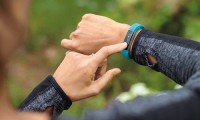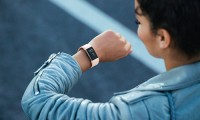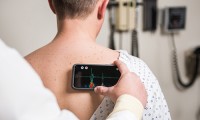-
Fitbit partners with Google digital health innovation
- Source: Ddu
- 1,047
- May 8, 2018
-
PCORI funded $6.5 million to the California and San Francisco University.
- Source: Ddu - Jophy Joseph
- 549
- May 7, 2018
-
Fitbit will use Google Cloud to make its data available to doctors
- Source: Tech Crunch
- 871
- May 2, 2018
-
FDA plans to launch ‘Pre Cert 1.0’ by the end of 2018, issues working model for digital health regulation
- Source: FiercePharma
- 614
- April 28, 2018
-
As FDA’s Pre-Cert plan takes shape, worries emerge about overreach
- Source: MobiHealthNews
- 612
- April 27, 2018
-
mHealth App Aims to Help Caregivers Identify Perinatal Depression
- Source: mHealth Intelligence
- 644
- April 24, 2018
-
Is mHealth Monitoring for Hypertension Safer Than the Doctor’s Office?
- Source: mHealthIntelligence
- 1,270
- April 23, 2018
-
Oxygen device maker Inogen discloses customer data breach
- Source: Reuters
- 494
- April 16, 2018
your submission has already been received.
OK
Subscribe
Please enter a valid Email address!
Submit
The most relevant industry news & insight will be sent to you every two weeks.













